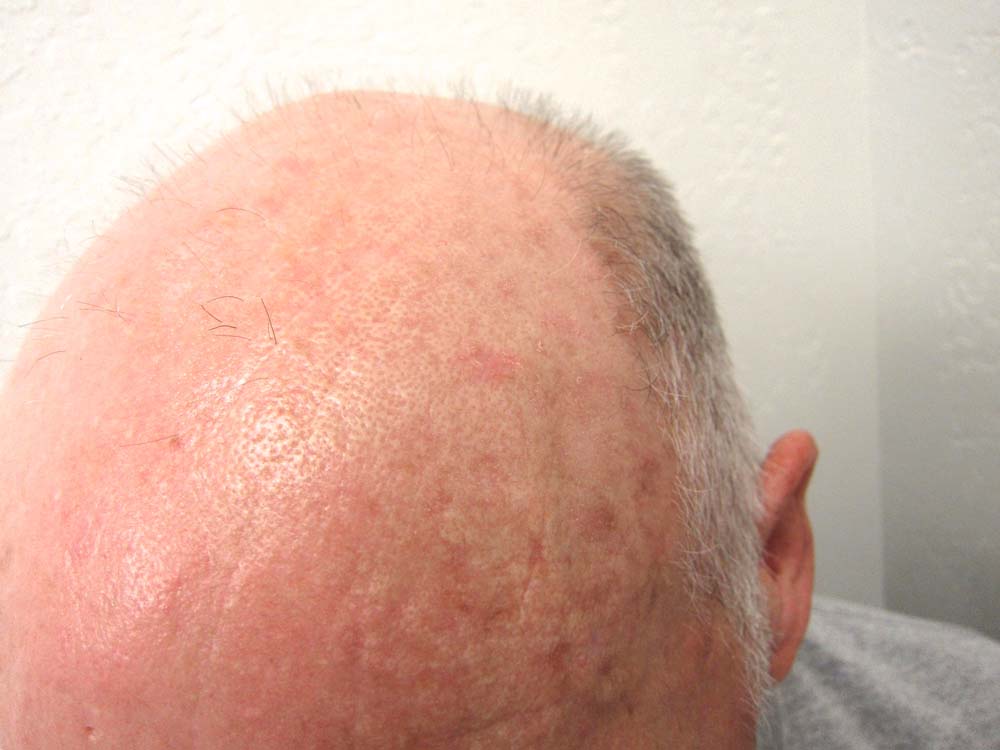Description
Actinic Keratosis, simply known as AK, is the second most common condition treated by dermatologists. It is defined as a skin growth that develops due to sun exposure over many years. While this condition is common, this greatly concerns the skin professionals since it can develop into a form of skin cancer. Furthermore, it can be difficult to perceive the difference between benign skin growths from the cancerous ones.

People with AK have rough and scaly skin growth that can expand gradually. The affected area can be itchy, inflamed or painful which can lead into bleeding as they progress into invasive carcinoma. It can have pink, red, brown or flesh coloring and appear on body parts often exposed to the sun like the face, neck, forearms, back of the hand or scalp.
Cause and Symptoms
AK forms when the skin has been damaged by UV rays coming from the sun or tanning beds. Meanwhile, these are the characteristics of an actinic keratosis:
- Flat or slightly bumpy area on the top layer of the skin (epidermis)
- Patch that looks like dry, scaly and rough usually less than 1 inch in diameter
- Has hard, rough or wart-like texture
- Itching, burning or painful
Usually people who live in a sunny climate, are over 40 years old, fair-skinned and have the opportunity to spend most of their times outdoors are the ones affected with AK.
Treatment
There are different methods that a dermatologist can perform depending on the status of actinic keratosis. If there are only few growths, doctors can recommend individual removal of AKs through curettage and cryotherapy.
